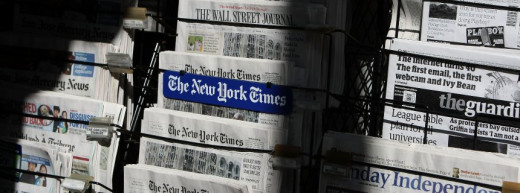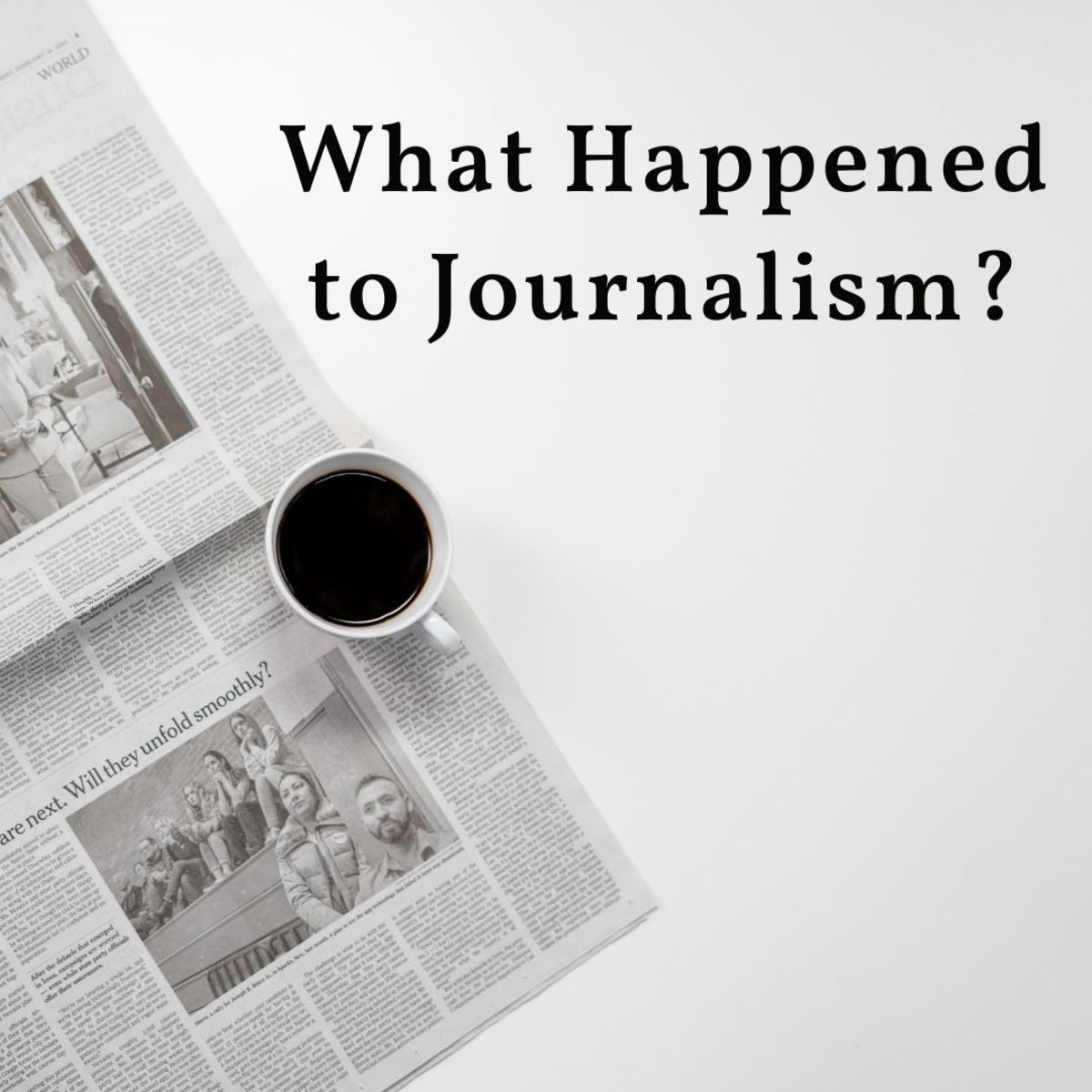Journalism Recruits the Internet as an Ally

“Literature is the art of writing something that will be read twice; journalism what will be read once.” Cyril Connolly, literary critic and writer, never knew how true his words would become. Since the beginning of this new age in information technology, journalism has not been the same, nor will it ever be the same again. In many ways, this brought fear into the heart of journalism, and an eerie possibility of an end to the field of journalism itself, causing many drawbacks throughout; along with these drawbacks, however, is the incredible potential for expansion to something far beyond that of its former glory.

One of the points journalism professors harp on more than anything in courses today, is deadlines. J-school instructors have always been pushy when it comes to deadlines — that’s simply the nature of the industry — but when deadlines were once on a weekly or monthly basis, they are now due within the hour. Before the Internet made its grand entrance into the world, deadlines for journalists were typically the night before the paper was due to go out. All the edits and information simply had to be compiled before going to press. Today, however, the deadline is now and not a minute later. There is no longer a waiting period for an article to be published. Not even a need to wait for the ink to dry. With the click of a button, a story can be readily available to Internet users around the world.
Advantageous as the ability to reach audiences on a global scale may be, however, it immediately became a thorn in the side of journalists everywhere. Online content did not carry the price tag that print newspapers and magazines did. If it was on the Internet, it was free. Journalists everywhere began to see budget cuts and unemployment as trending problems in the print industry. The question now became, ‘how do we profit from the Internet?’
“For us. . . . digital is not a zero-sum game.”
Andrew Rashbass
The Economist was one of the very first to show the world that journalism was not yet dead. According to the Wall Street Journal’s Market Watch, in October of 2011, the Economist more than doubled its paid online-only circulation. People were actually choosing to pay for an online subscription, although at the time it was not necessary to view online content. “We are discovering great opportunities in digital,” said Andrew Rashbass, the Economist Group’s chief executive. Rashbass continued to state that the digitalization of the Economist helps them to both expand its global readership and offer more to their subscribers. “For us. . . . digital is not a zero-sum game,” said Rashbass.

Would you pay for it?
Is there a favorite online newspaper or magazine you pay to subscribe to?
Following in the successful footsteps of the Economists online presence came the New York Times. In May of 2013, New York Times CEO Mark Thompson said, “The launch of the pay model is the most important and most successful business decision made by the New York Times in many years. We have around 700,000 paid digital subscribers across the company’s products so far and a new nine-figure revenue stream that is still growing.”
Despite the stress that the Internet has brought upon journalists, and aspiring journalists such as myself, it has also created incredible opportunities. The audience of even the smallest of publications, or the most amateur of journalists, has expanded to include readers from around the globe. What the Internet truly brings to the table for journalists and students such as myself, is potential. Today, with the Internet as my printing press, my words can be seen across humanity’s infinite reach with a click of a button, and that makes the drawbacks and the challenges it creates more than worth it. And it is because of the Internet that you are reading my words right now. The exposure that the Internet offers to the individual, is more than any journalist could ever hope for; and for that, my gratitude goes out to Tim Berners-Lee for his invention which reaches outside the realm of possibility to shape the world we live in, and to you as my reader, who make his invention such a great success.
“Journalism can never be silent: That is its greatest virtue and its greatest fault. It must speak, and speak immediately, while the echoes of wonder, the claims of triumph and the signs of horror are still in the air.”
– Henry Anatole Grunwald







